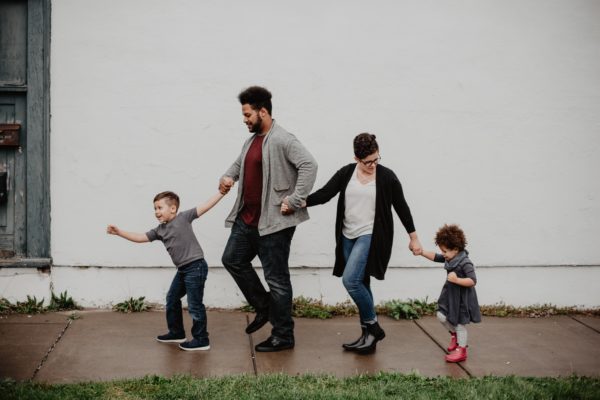Have you gotten the sense that some guys are just wayyyy too entitled?
People talk about “toxic” masculinity, and it’s a term meant to cover a lot of ground.
- Entitlement and lack of empathy for others
- Prioritizing strength and force over collaboration
- A focus on winning and dominating
- A fear of being seen as weak or feminine
- Being sexually virile and aggressive
When boys get the messages that they should have super-hero bodies, be horny all the time, never cry, and that they shouldn’t take No for an answer…well, we get more of what we have today.
If we want this to change, we’ll have to raise our boys differently.
That means practicing empathy, and requiring our boys to do so too. It means teaching them to ask rather than demand. It means showing them how to respond to a No in a constructive caring way. It means giving them tools to be an upstander, so that they can create a social circle free of those toxic expectations.
What’s an upstander? It’s the opposite of a bystander.
It’s someone who witnesses something wrong (think hazing, sexual assault, bullying, even just a derogatory joke) and doesn’t go passive. Instead, they do something. They speak up. They confront.
They don’t laugh off their uncomfortable feelings and pretend it didn’t happen. Instead, they feel their boundary being crossed and they respond in a constructive manner.
Those caught in the trap of toxic masculinity think that boundaries and consent are girl problems, because girls are the victims, girls have to stand up for themselves, girls are the sexual gatekeepers.
Nuh-uh. We’re moving beyond all that.
Men who rape and assault are the problem. Everyone needs to be able to stand up for themselves – and for each other. One gender isn’t blamed for letting things go too far – it’s both people’s responsibility to check in and stay true to themselves.
Maybe you’re well on your way, raising the kids in your life to be kind, empathetic, and assertive. For many of us, though, it’s a real challenge. And if your kids aren’t practicing these skills at home, are you sure they’re learning them at all?
Telling kids what not to do doesn’t work very well. Instead, we have to teach them what to do. If you’re not sure what to say, you’ll find so much inspiration, language, and modeling in our video library membership. There are webinars and interviews with sexuality experts on a wide variety of topics, to help you with your toddler, big kid, and teen.
There’s new momentum and fresh support for shifting our culture away from toxic masculinity. Join us?
In support of you,
Anya








